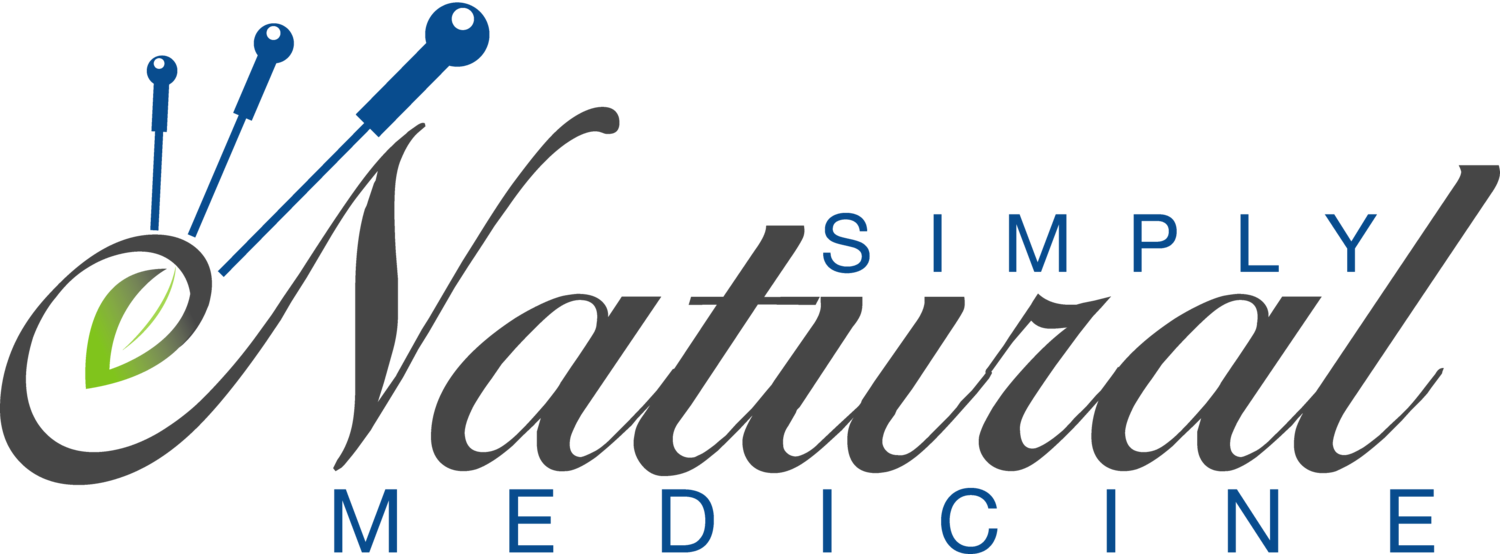Frequently asked Questions about Acupuncture
/What is acupuncture?
- Acupuncture is a complex ancient Chinese medicine based on foundational principles such as the free flow of qi (pronounced qi).
- Qi is your body's vital energy. A balance of your bodies qi is needed for sound health.
- Acupuncture needles are used to manipulate qi of the organs and meridians and promote the bodies own innate ability to heal.
- For a more in depth answer, see What is Acupuncture.
What is a meridian?
- A meridian is a pathway for qi to flow throughout the body, both on the surface and to the organs. There are 12 main meridians that course through the body bilaterally, and 2 which are in the center.
What is qi?
- Qi is your vital energy. It is your body's energy that is needed to function daily and to be healthy. The Chinese see qi an energy necessary for living. Without the balanced and uninterrupted flow of qi, you can not be healthy.
- When qi is blocked, organs, meridians and other bodily systems do not function properly and can cause pain, a weakened immune system, and poor health. Qi becomes blocked due to deficiency, blockage, improper movement, etc.
What conditions are treatable with Acupuncture?
- Pain- muscular, tendon and bone pain; headaches, abdominal pain, arthritis, bursitis, fibromyalgia, whiplash, sports injuries, sciatica
- Respiratory- common cold, cough, allergies, asthma, congestion, flu
- Insomnia
- Gynecological issues- painful and/or irregular menses, PMS, menopause, leukorrhagia, infertility, morning sickness, insufficient lactation
- Dermatology- eczema, psoriasis, alopecia, acne, urticaria, shingles
- Gastrointestinal concerns- hiccup, vomiting, nausea, diarrhea and constipation, hemorrhoids, edema, jaundice
- Genitourinary- enuresis, polyuria, prostate issues
- Pediatric conditions- bed wetting, diarrhea, cold/flu
- Cardiology: angina, palpitations, dizziness/vertigo, hypertension, poor circulation
- Head, nose, ears, throat: Myopia, glaucoma, cataracts, strabismus, ear infection
- Other: post stroke, bell's palsy, psycho-social-emotional concerns, weight loss, fatigue, aging, addictions, depression, immune deficiency, cancer side effects
What is a treatment like?
- Acupuncture needles are fine and flexible, and are smaller than a piece of thread. A skilled acupuncturist inserts the needles quickly and precisely, minimizing any pain, if any. When the needle connects with qi, a sensation of dullness, tingling, or heaviness, is often felt.
What else is incorporated into Chinese medicine?
- Acupressure- using blunt probes, fingers, massage
- Electrical stimulation- connecting needles to an electromachine (much like a TENS unit)
- Cupping- deep tissue massage using the negative pressure of removing oxygen from a glass cup and placing it on the skin.
- Herbs
- Tui na- Chinese massage
- Qi gong
- Food therapy- using food as the medicine
How are conditions diagnosed?
- Ancient diagnostic method of Chinese medicine are based on objective and subjective findings which include;
- Pulse diagnosis- evaluation the radial pulse
- Tongue diagnosis- examination of color, coating, shape, and texture
- Interview- seeking a history of the present illness and lifestyle
- Physical examination- feeling for tender points
How do Acupuncturists know what to treat?
- Each patient is unique and is a complex case. Acupuncturists have studied the connections between qi, the body's organs, and the meridians and use specific acupuncture points to promote the body's ability to self heal. An acupuncturist places needles on specific points which are designated for specific functions. Point prescription can be local points (which helps spread qi through the channels locally), as well as distal points (which opens these meridians to the circulation of qi).
How long to treatments take?
- Treatment time averages around 30 minutes, but varies depending on the patients condition.
How often do you need acupuncture?
- A treatment plan is unique to the patient and they signs and symptoms. Treatment plans are often more vigorous in the begging, and then move into a more maintenance stage. Acupuncture treatments build on each other to promote health. For example, an average treatment plan will start with twice per week for 2-3 weeks, then once per week for 3-5 weeks. Some may improve faster, others might take longer.
Is acupuncture safe?
- The government requires Acupuncturists to follow strict safety guidelines including the use of sterile needles, a clean working environment, and proper education.
- A licensed acupuncturist has completed licensure exams proving knowledge of proper safety when needling.
Do all Acupuncturist treat the same?
- Much like in western medicine, there are many different ways to approach one condition. The basic objective of treatment is to promote the balance of qi. This can be done in many different ways for one condition.





